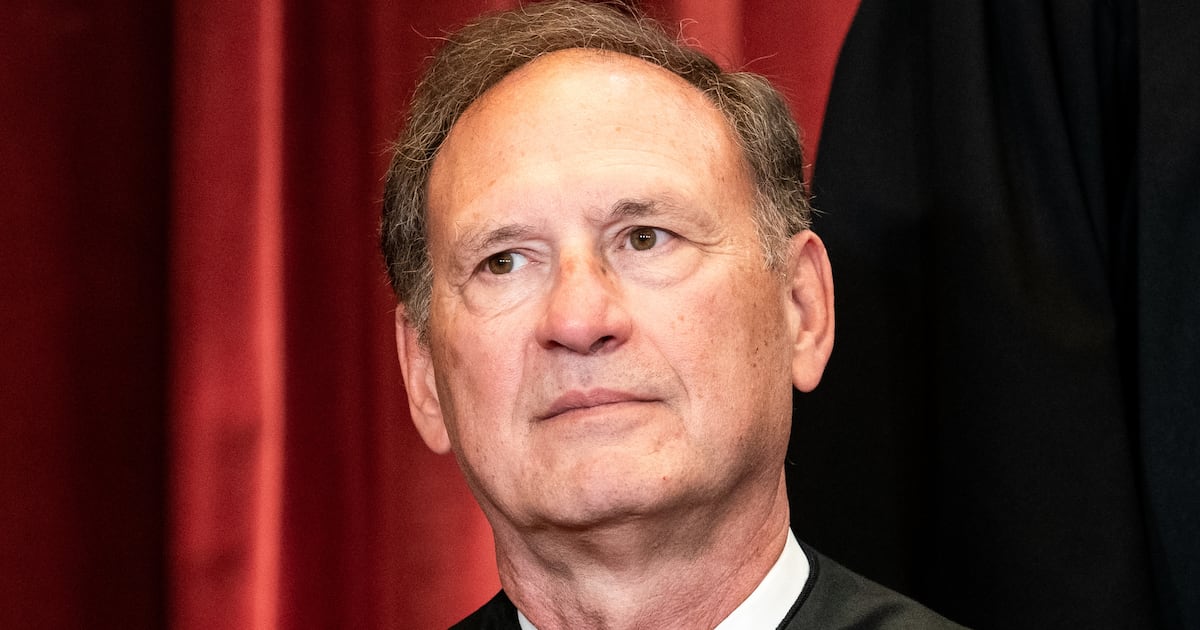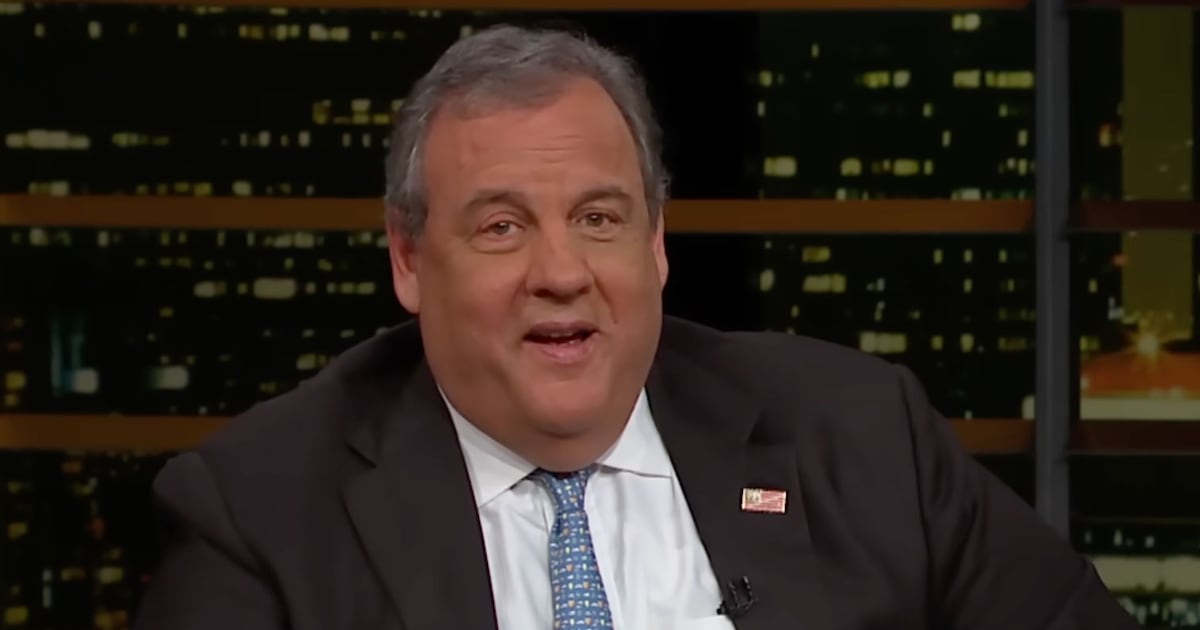Can a hard case slime the public image of a profession while making for bad law?
The Gawker trial—which begins its second week of testimony Monday in Hulk Hogan’s $100 million lawsuit against the Web outlet for posting a video in October 2012 of the pro-wrestling legend having sex—might ultimately confirm the worst iteration of the age-old legal maxim.
But it is also doing no favors for the battered façade of the Fourth Estate.
The journalism business as a whole is already under terrible and, in some instances, terminal stresses from the financial and practical imperatives of the Internet, to say nothing of the popular culture’s ever-escalating amplification of the tawdry and the trivial.
Republican presidential frontrunner Donald Trump, in many ways a beneficiary of these trends as a Hulk Hogan-like reality-television star, regularly refers to the news media as “liars” and “scum” at his rowdy, increasingly violent campaign rallies that resemble WWE spectacles.
Alas, the Gawker trial is presenting a damaging and reinforcing narrative (maybe journalists are scum if not precisely liars), just when the reporting trade was a getting a huge lift from the Oscar-winning movie Spotlight, which dramatizes the real-life story of the Boston Globe investigative reporters who exposed the Catholic Church’s cover-up of an epidemic of priestly pedophilia.
The 2016 winner of the Best Picture Academy Award reveals journalism at its best.
Not since All The President’s Men, four decades ago, has the reporting trade been so generally ennobled in the public sphere.
But the state circuit court jury in St. Petersburg, Florida, has been hearing about a far less principled aspect of the news biz courtesy of Nick Denton’s media empire—the opposite of Spotlight values.
In the interest of full disclosure, I’ll declare my preference (probably shared by anyone hoping to earn a living at this game) that Hogan—who is suing under his legal name, Terry Bollea—not get a dime out of the jury’s verdict.
As Gawker’s team of high-priced attorneys managed to place into the trial record last week, there is ample evidence that the 62-year-old Bollea—in his persona as the Hulk—talked freely in radio and television interviews not only about his purported sexual exploits and supposedly massive penis size (“I do not have a 10-inch penis,” he was forced to admit in court under Gawker attorney Michael Sullivan’s withering cross-examination), but he also joked about the sex video in interviews with TMZ and Howard Stern.
It’s true, however, that Bollea, a favorite son of Tampa, across the bay from the trial venue of St. Petersburg, has a home field advantage in a case that, but for some slick legal maneuvering, ordinarily would come before a federal court.
In Circuit Court Judge Pamela A.M. Campbell, a Jeb Bush appointee who was re-elected in 2014, Bollea has a trial judge who has consistently ruled in his favor and against Gawker—most recently denying the defense’s motion to remove Denton from the lawsuit because he had no role in the decision to post either the video, which Gawker eventually took down, or the accompanying detailed description, which remains on the site.
Campbell has even apparently signed on to the plaintiff’s bizarre theory that Hogan and Bollea are actually two distinct personalities—Hogan being the blustery sexual braggart who advertises his prowess, and Bollea being a shy, sensitive, soft-spoken “normal person” who treasures his privacy and whose feelings are easily injured.
Never mind that Campbell allows Bollea to show up in court day after day sporting the trademark Hulk Hogan bandana on his head. At one point last week, after Team Hogan objected to Gawker lawyer Sullivan’s reference to “Mr. Bollea’s” discussion of his sex life in public, the judge’s bench conference resulted in Sullivan’s changing the reference to “Mr. Hogan.”
Yet it’s difficult to fathom how reasonable people can conclude that a celebrity who so promiscuously markets his alleged amatory adventures, as Hogan has, could have suffered much if any reputational or psychic harm from the posting of a less than two-minute video (edited down from half an hour), only 9 seconds of which depicts actual sex.
But unless the Gawker trial’s six jurors are First Amendment absolutists, they are unlikely to be sympathetic to sneering gossip hounds callously invading the privacy of their fellow human beings in the service of clicks, revenue, and personal amusement.
By most accounts, especially the excellent reporting and informative Twitter feed of CNN’s Tom Kludt, Hogan’s lawyers have done a fairly persuasive job of portraying Gawker’s conduct as unappetizing at best.
The video depositions of former Gawker editor in chief A.J. Daulerio—excerpts of which were played in court on Wednesday—were perhaps the best moment for Team Hogan so far and potentially devastating for defendants Gawker Media, Daulerio and Denton.
Looking scruffy and sleep-deprived as well as bored in much of the footage shown to the jury—recorded in 2013, when a full-blown trial was widely deemed unlikely—Daulerio occasionally mumbled his answers to Hogan’s attorneys, and came across at points as arrogant and supercilious.
Daulerio, who posted the Hogan sex video snippet and wrote the accompanying story, said he “enjoyed watching the video...because I found it very amusing.”
He added that he was “proud” of what he had published.
“Can you imagine a situation where a celebrity sex tape would not be newsworthy?” Hogan attorney Douglas Mirell asked in the deposition.
“If they were a child,” Daulerio replied.
“Under what age?” Mirell asked.
“Four,” Daulerio answered, imprudently mining a sarcastic vein.
“No four-year-old sex tapes, OK,” Mirell said.
The jurors, four of whom were spotted furiously taking notes, clearly didn’t find this exchange “very amusing.”
Daulerio claimed he wouldn’t really mind if a video of himself having sex were published unless “something went horribly wrong.”
“I somewhat expect that to happen at some point,” he added.
Denton—who in his own video deposition claimed traditional journalistic standards are “irrelevant, even damaging, in the Internet era”—presented himself as more polished and arguably more sympathetic than Daulerio.
At least he admitted that he’d be embarrassed if someone ever posted a sex video of him.
“What is the difference between you and [Hogan] in that case?” one of Hogan’s attorneys demanded.
“Very little,” Denton answered.
Team Hogan produced evidence that was perhaps even more hurtful to Gawker’s—and by extension the news biz’s—standing with the jury when one of Hogan’s lawyers read into the trial record various emails from Daulerio’s stint running the Gawker Media sports site Deadspin.
In May 2010, Daulerio had posted video of a young woman having sex in a bathroom stall at a Bloomington, Indiana, sports bar.
Days later, when the woman claimed she was the person in the video, and pleaded with Daulerio to take it down, he initially refused.
“I am the girl in it and it was stolen from me and put up without my permission,” she wrote.
Daulerio advised her by email to “not make a big deal out of this,” and added: “I’m sure it’s embarrassing but these things do pass, keep your head up.”
A Gawker attorney also emailed the woman at the time, telling her the video was “completely newsworthy” and adding reproachfully that “one’s actions can have unintended consequences.”
The next day, however, Daulerio relented and removed the video after deciding that it “wasn’t funny” and “was possibly rape.”
The 41-year-old Daulerio—who no doubt has been spending the weekend practicing humility and earnestness—will have an opportunity to redeem himself with the jury in the week ahead when Team Gawker presents its defense.
Another likely witness to be called by the defense is Denton, who recently sold a minority stake in his privately owned company to Columbus Nova Technology Partners, an investment firm, in order to defray the exorbitant costs of the trial, which are now well into seven figures.
Since Gawker’s widely condemned outing of a little-known heterosexually married Conde Nast executive’s allegedly secret gay sex life last July, Denton has been publicly attempting to reinvent his company as “20 percent nicer” and has seemed more respectful of the journalistic traditions he previously disdained.
Maybe he and Daulerio will be able to convince the jury that they and their co-workers are not scum, after all.
The spotlight will be on them.






